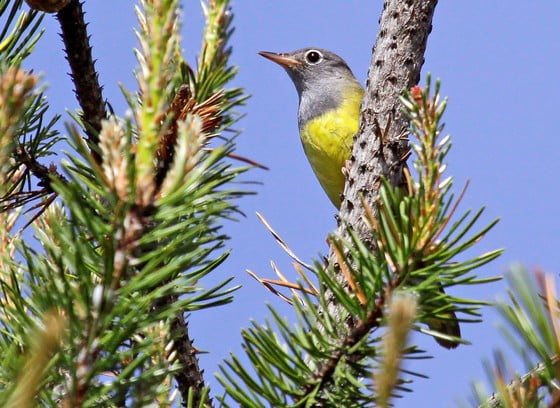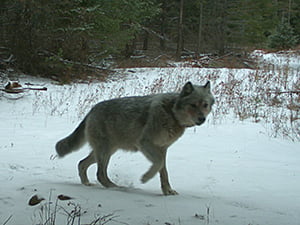
Fall hunting takes place in all weather conditions and temperatures, so don’t overlook your hunting clothing because it may play a role in your comfort and success. It takes a little preparation and investment in the right clothing for the weather, but it will pay dividends when you’re more comfortable and able to stay out longer in all conditions.
Considering that hunting is often better when the weather is cold, wet and snowy, finding clothes that keep you warm, dry and comfortable can be a challenge. Here are some things to consider when you’re selecting hunting clothes.
Start with your base layer
That basically means your underwear. You want it warm, breathable and comfortable against your skin, even when damp. You will hear often, but it bears repeating – avoid anything cotton, which saps warmth from your body when it’s damp.
You want a base layer made from wool or synthetic fabrics that wicks moisture away from your body and retains heat when damp or wet. There’s many varieties on the market. Unless you’re going to be hunting in extremely cold weather, sitting sedentary (such as in a tree stand or a blind) go with lightweight or a midweight fabric. You can easily overheat in heavy long underwear, especially when you’re hiking, even to and from your blind or stand.
A quality base layer is very versatile because it can be worn in most weather conditions and for many activities, and it can last for decades, so don’t be afraid to splurge.
Add layers
Add additional layers that provide warmth and weather protection as needed. Avoid a big, bulky hunting parka because your only option is to wear it or take it off. You want to adjust your insulation on the go when the temperature changes, which it probably will. You can often experience 20 to 40 degree temperature swings between morning, mid day and evening during fall.
Over your base layer, wear hiking or hunting pants. preferably ones that are water resistant because there will often be dew or frost in the mornings, which can get you wet.
A fleece sweater or sweatshirt as a second layer is a good option to keep your torso warm. Depending on temperatures, you may need another insulating layer, such as a vest, insulated coat or fleece jacket.
Your outer layer should provide protection from wind, rain and snow, and also be fairly packable so you can easily take it off and stash it in your pack if you start to overheat.
Waterproof vs. water resistant
Deciding which to choose depends on the climate. If you’re hunting North Idaho where it’s frequently raining, waterproof is probably the way to go. But if you’re hunting in a drier climate, such as South Idaho, you might be more comfortable with something water resistant because it’s likely to be more breathable, which means you can avoid feeling clammy when hiking and building up a sweat.
It’s a balancing act because waterproof fabrics are typically less breathable, so moisture can accumulate inside and make you feel damp and chilly. Water resistant clothing tends to be better for wicking moisture away from your body so you can avoid dampness, but if you’re in a prolonged rain or snowstorm, you will get wet, which is almost always uncomfortable.
Many hunters opt toward more breathable clothing, but have a lightweight and waterproof jacket and pants they can wear during a heavy storm.
Don’t forget your head and hands
Remember if any part of your body feels cold, it affects how you feel overall. Your head loses a lot of heat, and adding or removing a beanie is an easy way to warm up if you’re a little chilly, or cool off if you overheat. Keeping your head warm and dry will also make it easier to stay warm and comfortable if it’s raining. Gloves are another way to cover up bare skin and stay warm.
Experiment and adapt
Everyone is a little different, so there’s no perfect hunting wardrobe for everyone and every weather condition. But try to buy versatile hunting clothes and mix and match them to suit conditions. It might surprise how the right clothing can make the worst weather bearable and allow you to stay outdoors and hunt longer and more comfortably in a variety of weather and temperatures.

